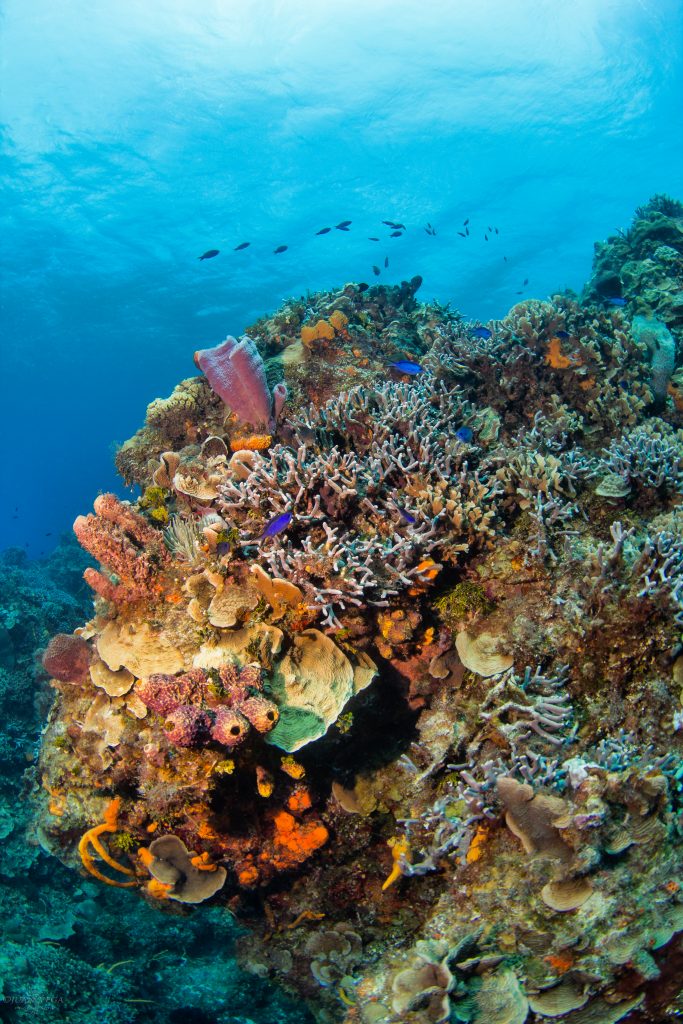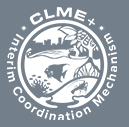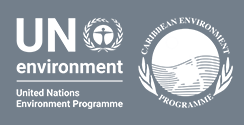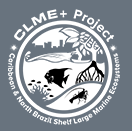Working Groups
Spiny Lobster
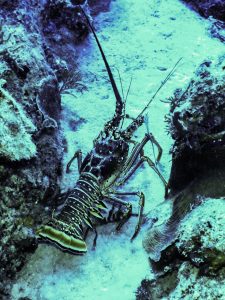
Using a multidisciplinary approach, the working group contributes to the sustainable conservation and management of the Caribbean spiny lobster fisheries. In pursuing this goal, the group will contribute to the fulfillment of national and regional responsibilities for the management of Caribbean spiny lobster stock and related or interacting species or fisheries in the WECAFC region under the code of conduct for responsible fisheries, and in accordance with agreed, documented management goals including ensuring the livelihoods of the people depending on these resources.
[ToRs] [Contacts Data Base (soon to be active)] [Documents]
Queen Conch
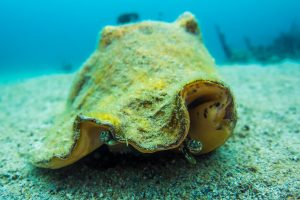
WECAFC
Using a multidisciplinary approach, the working group will contribute to the sustainable conservation and management of the Queen Conch fisheries and trade. In pursuing this goal, the working group will contribute to the fulfillment of national, regional and international responsibilities and commitments for the management and conservation of and trade in Queen conch and related or interacting species or fisheries in the WECAFC Region under the Code of Conduct for Responsible Fisheries, and in accordance with agreed, documented management goals including ensuring the livelihoods of the people depending on these resources.
[ToRs] [Contacts Data Base (soon to be active)] [Documents]
CITES – Queen Conch
The inclusion of queen conch in CITES has prompted numerous collaborative initiatives to promote its recovery, reduce overfishing and ensure legal, sustainable trade. Particularly since the 2000-reviews, CITES also acted as a catalyst for international cooperation and regional coordination of queen conch management and utilization
You can access here to the relevant information on Queen Conch under CITES topics
Shrimp and Ground Fish
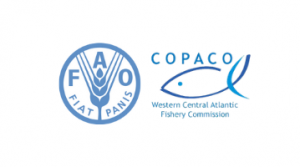
The scope of the working group is to provide scientific and management advice for the sustainable management of the shrimp and groundfish resources of the Northern Brazil-Guianas shelf in the WECAFC Region. Using a multidisciplinary approach the working group will contribute to the sustainable management of the shrimp and groundfish resources of the Brazil-Guianas shelf by providing management advice to Members of WECAFC based on the best available knowledge.
[ToRs] [Contacts Data Base (soon to be active) ] [Documents Library]
Data and Statistics
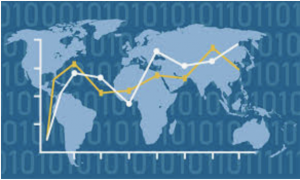
The aim is to strengthen collaboration on fisheries data and statistics matters among the three regional fisheries bodies and formulate recommendations and guidelines for data collection and statistics. This Working Group will report to the WECAFC Commission. As one of their principal activities, will be to formulate recommendations and guidelines for data collection and statistics, to develop standardized data collection formats and templates to be collectively considered for coordinated national and regional implementation, and collaboration on fisheries data and statistics, among others.
[ToRs] [Contacts Data Base (soon to be active)] [Documents]
Deep-Sea Fisheries
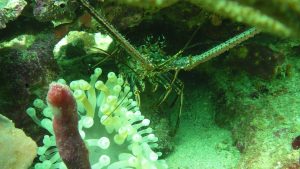
The objective of the Working group is to inform and provide guidance for the management of deep-sea fisheries by WECAFC members, in such a manner as to promote responsible fisheries that provide economic opportunities, while ensuring the conservation of marine living resources and the protection of marine biodiversity and to facilitate the implementation of the FAO International Guidelines for the Management of Deep-sea Fisheries in the High Seas.
[ ToRs] [Contacts Data Base (soon to be active)] [Documents Library]
Recreational Fisheries
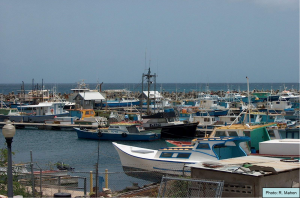
WECAFC
Using a multidisciplinary approach, the Working Group will contribute to the sustainable management of recreational fisheries in the WECAFC Region, by providing scientific and management advice to Members of WECAFC based on the best available knowledge. In pursuing this goal the Working Group will contribute to the fulfillment of national and regional responsibilities for the marine environment and for the management of recreational fisheries and resources, and related or interacting species, or other interacting fisheries in the WECAFC Region under the Code of Conduct for Responsible Fisheries, in line with the principles of the Ecosystem Approach to Fisheries, the Voluntary Guidelines for Securing Small-Scale Fisheries in the Context of Food Security and Poverty Eradication, the Voluntary Guidelines on the Responsible Governance of Tenure of Land, Fisheries and Forests in the Context of National Food Security, and in accordance with agreed, documented management goals.
[ToRs] [Contacts Data Base (soon to be active)] [Documents]
OSPESCA
Provide the technical and scientific elements that support the integration of the sport, recreational and cultural fishing in a responsible way for its development in SICA countries, as an instrument to support food security and job creation, capitalizing on regional and national experience existing. More information is provided in the ToR below.
Flyingfish in the Eastern Caribbean
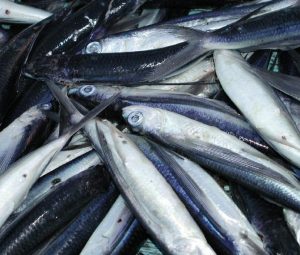
The scope of the Working Group is to facilitate the achievement of management objectives as outlined in the respective sub-regional management plan for flyingfish in the Eastern Caribbean, through the application of international best practices consistent with the precautionary, ecosystem and participatory approaches to fisheries management. These management objectives are: a) sustained flyingfish resources (biological objective), b) optimal use of the flyingfish resource for long-term benefit (socio-economic objective), and c) sustained ecosystem health (ecological objective).
[ToRs] [Contacts Data Base (soon to be active)] [Documents]
Fish Spawning Aggregations
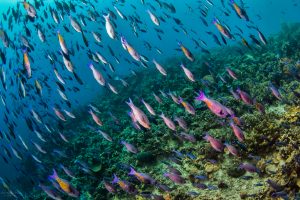
The working group will carry out the following tasks:
- Compile and analyze data on spawning aggregations in the member countries and monitor any changes.
- Seek partnerships with other institutions that could provide assistance in the monitoring, evaluation, and recommendations for management for protection and conservation of spawning aggregations.
- Provide advice on the management and implementation of regional strategies and regulations to protect spawning aggregations.
- Report to the appropriate institutions at each session.
[ToRs] [Contacts Data Base (soon to be active)] [Documents]
ILLEGAL, UNREPORTED AND UNREGULATED (IUU) FISHING
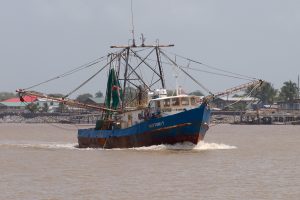
The objective of the RWG-IUU is to improve coordination and cooperation between national organizations/institutions responsible for fisheries-related MCS in support of their common efforts to prevent, deter and eliminate IUU fishing.
[ToRs] [Contacts Data Base (soon to be active)] [Documents]
CONSERVATION AND MANAGEMENT OF SHARKS
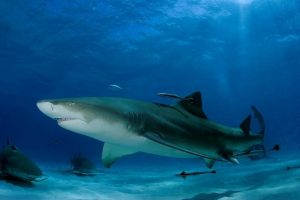
WECAFC
The objective of the Working Group is to provide a basis for the conservation and sustainable management of shark populations in WECAFC member countries. In pursuing this goal, the Working Group will be supporting the members in fulfilling the national and regional responsibilities for the conservation and management of sharks as specified by WECAFC.
[ToRs] [Contacts Data Base (soon to be active)] [Documents]
OSPESCA – Sharks and highly migratory species
Provide technical advice with a regional focus to the authorities of the fishing in the Region through the Regional Directorate of OSPESCA. Specifically, determine, coordinate and monitor actions aimed at managing the good use and conservation of sharks and highly migratory species. You can download the ToR here :
CITES – Sharks and manta rays
Sharks were first included in Appendix II of CITES in February 2003, after the Conference of the Parties to CITES decided at its 12th meeting to include the basking shark (Cetorhinus maximus) and whale shark (Rhincodon typus) in Appendix II, in accordance with Resolution Conf. 9.24 on Criteria for amendment of Appendices I and II. Species included in Appendix II are not necessarily threatened with extinction, but trade in them is controlled to avoid utilization incompatible with their survival. This section wants to share CITES information on sharks and rays and the ongoing efforts to implement these decisions. Please follow this link for access.
FISHERIES USING MOORED FISH AGGREGATING DEVICES
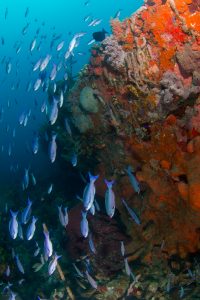
The scope of the ad hoc working group is the development and management of moored FAD fishing in the [WECAFC Area 31], in a manner that is consistent with the long-term sustainability of associated pelagic fish resources and through the application of international best practices consistent with the precautionary and ecosystem approaches to fisheries management. The working group will take a multidisciplinary and participatory approach to the sustainable development of moored MFAD fishing for pelagics and will contribute to the fulfillment of national and regional management responsibilities for shared pelagic fish stock management
[ToRs] [Contacts Data Base] [Documents]
ABS in the Caribbean Region
ABS is the rules and principles regarding how a country’s genetic resources and traditional knowledge of these resources are acquired by researchers, companies or other countries and how the resulting benefits are shared. It seeks to promote fairness and equity.
The cooperation among countries in the use of genetic resources may lead to groundbreaking advances in medicine, trading of derived goods, the provision of employment, and other mutual benefits. For ensuring that these benefits are maximized and transcend generations, there must be greater awareness of ABS issues on the part of governments, researchers, and the individual.
In this section, you can find resources on ABS in the Caribbean region.
Fishing Policies and Aquaculture
OSPESCA
Monitors the implementation of the new Fisheries and Aquaculture Integration Policy, recommending pertinent actions for its better implementation. This involves promoting an interdisciplinary methodology and, when appropriate, with a sectoral nature. Specifically, the Working Group will promote that national institutions incorporate into their institutional programs the components and actions of the new Policy, in support of the SICA / OSPESCA Regional Directorate. You can access the Terms of Reference below (Spanish only).
Small Scale Fisheries
OSPESCA
The task of the Working Group is to identify and promote the actions to be carried out for the implementation and monitoring of the PPE Guidelines at the regional level of the SICA countries. The ToRs for this working group can be found below.
Gender Mainstreaming
OSPESCA
Address regional issues of gender equality and equity in fisheries and aquaculture within the framework of the Policy for the Integration of Fisheries and Aquaculture, capitalizing on existing regional and national experience and seeking harmonization at the decision-making level. Among their main responsibilities is to propose, and when appropriate, participate in the execution of the actions related to gender equality and equity within the framework of the Integration of Fisheries and Aquaculture of SICA countries. Especially those aimed at economic autonomy.
Detailed information on this Working Group can be accessed in the ToR below
The International Commission for the Conservation of Atlantic Tunas (ICCAT) and their Standing Committee on Research and Statistics (SCRS)
ICCAT compiles fishery statistics from its members and from all entities fishing for these species in the Atlantic Ocean, coordinates research, including stock assessment, on behalf of its members, develops scientific-based management advice, provides a mechanism for Contracting Parties to agree on management measures, and produces relevant publications.
Please visit ICCAT site for more information.
Use this link to access to ICCAT statistical databases
Conservation Finance Alliance
1. Protected Areas (PA) Finance Working Group
The PA Finance WG is a diverse group of 102 members from 31 countries. Their goal is to advance global thinking and planning for sustainable financing of protected area systems, development of global guidance on PA financing systems, share information and best practices to support PA financing initiatives, preparation of global reports, among others.
Visit this link to know more about their work
2. Innovation Working Group
The objective of Innovation Working Group is to identify, research, field-test and disseminate information about a range of finance mechanisms that can be applied to achieve conservation outcomes. It will explore pilot opportunities such as mortgage-backed securities, derivatives, and effluent credit trading and wildlife-friendly commodity markets to protect threatened landscapes and species, demonstrating how ideas can contribute to conservation. For more information, visit this page
3. Environmental Funds Working Group
The mission of the CFA’s Environmental Funds Working Group is to encourage promotion, knowledge transfer and exchange about environmental funds among relevant funds, donors and NGOs. The purpose of these environmental funds, and thus the WG’s aim as well, is the protection of global biodiversity. Visit here for more!
4. Marine and Coastal Finance Working Group
The Marine and Coastal Finance Working Group seeks to consolidate and share knowledge and experience around conservation finance solutions pertinent to these critical conservation targets. The long-term objective is to build capacity among marine and coastal conservation and sustainable use practitioners in the knowledge and use of conservation finance solutions. Click here for more information and news!
The Caribbean Development and Cooperation Committee
This committee was established in 1975, to promote and strengthen economic and social cooperation and integration among the countries of the Caribbean and to promote cooperation between them and the countries and integration processes of Latin America and the Caribbean.
You can find further information and updates in the following link.
The Central American Commission for Environment and Development (CCAD)
The Central American Commission for Environment and Development (CCAD) was established with the mission of developing a regional regime of environmental cooperation and integration that contributes to improving the quality of life of the populations of its Member States, Belize, Costa Rica, El Salvador, Guatemala, Honduras, Nicaragua, Panama, and Republica Dominicana.
The CCAD has established the following thematic committees:



